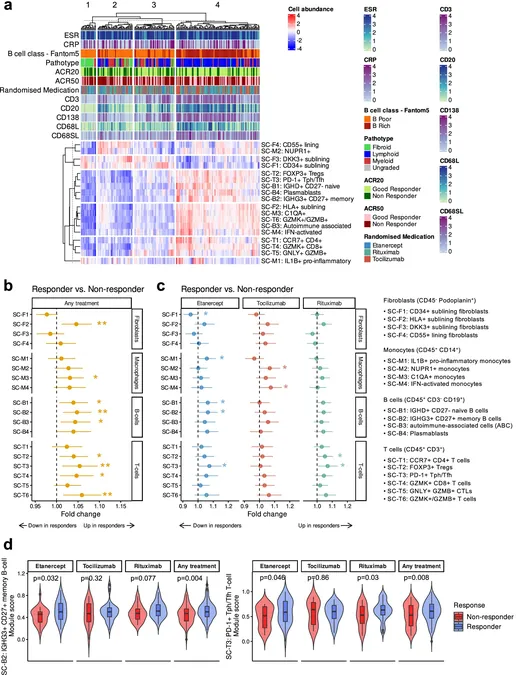
Revealed: How Labor Market Hierarchies Create Widespread Health Disparities
2024-10-29
Author: Nur
A groundbreaking study conducted by researchers from the City University of New York (CUNY School of Public Health) and the University of Utah has shed light on the troubling realities of how different occupations are valued within our society. This disparity not only affects wages and job security but also contributes significantly to preventable health inequities.
The research, led by CUNY SPH doctoral alumna Emma Vignola, alongside fellow researchers Luis Saavedra, Associate Professor Emma Tsui, and Associate Professor Emily Ahonen from the University of Utah, is published in the journal SSM - Qualitative Research in Health. They explore the concept of precarious employment—characterized by low pay and job instability—highlighting its dire implications for both mental and physical health.
The study posits that precarious jobs, often perceived as "low-skilled," face a power imbalance where the needs of workers are routinely overshadowed by profit motives. The authors advocate for a nuanced understanding through social reproduction theory, which emphasizes how essential yet undervalued labor contributes to the everyday functioning of society.
Their findings are drawn from in-depth interviews with precariously employed food workers in New York City, including those in restaurants, grocery stores, and food packaging facilities. Participants were prompted to reflect on their job conditions and the societal value of their contributions—discussions that gained prominence during the COVID-19 pandemic when terms like "essential workers" surged into public discourse.
The interviews revealed that many food workers endure stress and anxiety, often stemming from toxic environments created by their employers. Moreover, these workers expressed frustration over the invisibility of their labor, despite its crucial role in sustaining the city’s economy and daily life. They take pride in ensuring that meals reach tables amidst the hustle and bustle of urban living.
The study highlights an alarming truth: workers in stable, "high-skilled" professions often benefit from the contributions of those in precarious jobs, creating a stark contrast in the perceived value of labor. Domestic workers, nannies, beauticians, and other service roles are essential yet largely overlooked, reinforcing systemic inequalities in the labor market.
The researchers suggest that the stigma surrounding precarious jobs not only amplifies social injustices but might also lead to adverse mental health outcomes. They stress the need for collective introspection regarding how society prioritizes certain occupations over others as an integral part of the quest for health equity.
This study opens the door for further investigations into the connections between job valuation, mental health, and societal well-being. It challenges us to rethink our views on labor and recognize the vital roles that all workers play in our communities—because every role, no matter how "low-skilled," deserves acknowledgment and respect.
Stay tuned for more insightful discussions on labor equity and how social justice can transform our work environments and health outcomes!





 Brasil (PT)
Brasil (PT)
 Canada (EN)
Canada (EN)
 Chile (ES)
Chile (ES)
 Česko (CS)
Česko (CS)
 대한민국 (KO)
대한민국 (KO)
 España (ES)
España (ES)
 France (FR)
France (FR)
 Hong Kong (EN)
Hong Kong (EN)
 Italia (IT)
Italia (IT)
 日本 (JA)
日本 (JA)
 Magyarország (HU)
Magyarország (HU)
 Norge (NO)
Norge (NO)
 Polska (PL)
Polska (PL)
 Schweiz (DE)
Schweiz (DE)
 Singapore (EN)
Singapore (EN)
 Sverige (SV)
Sverige (SV)
 Suomi (FI)
Suomi (FI)
 Türkiye (TR)
Türkiye (TR)
 الإمارات العربية المتحدة (AR)
الإمارات العربية المتحدة (AR)